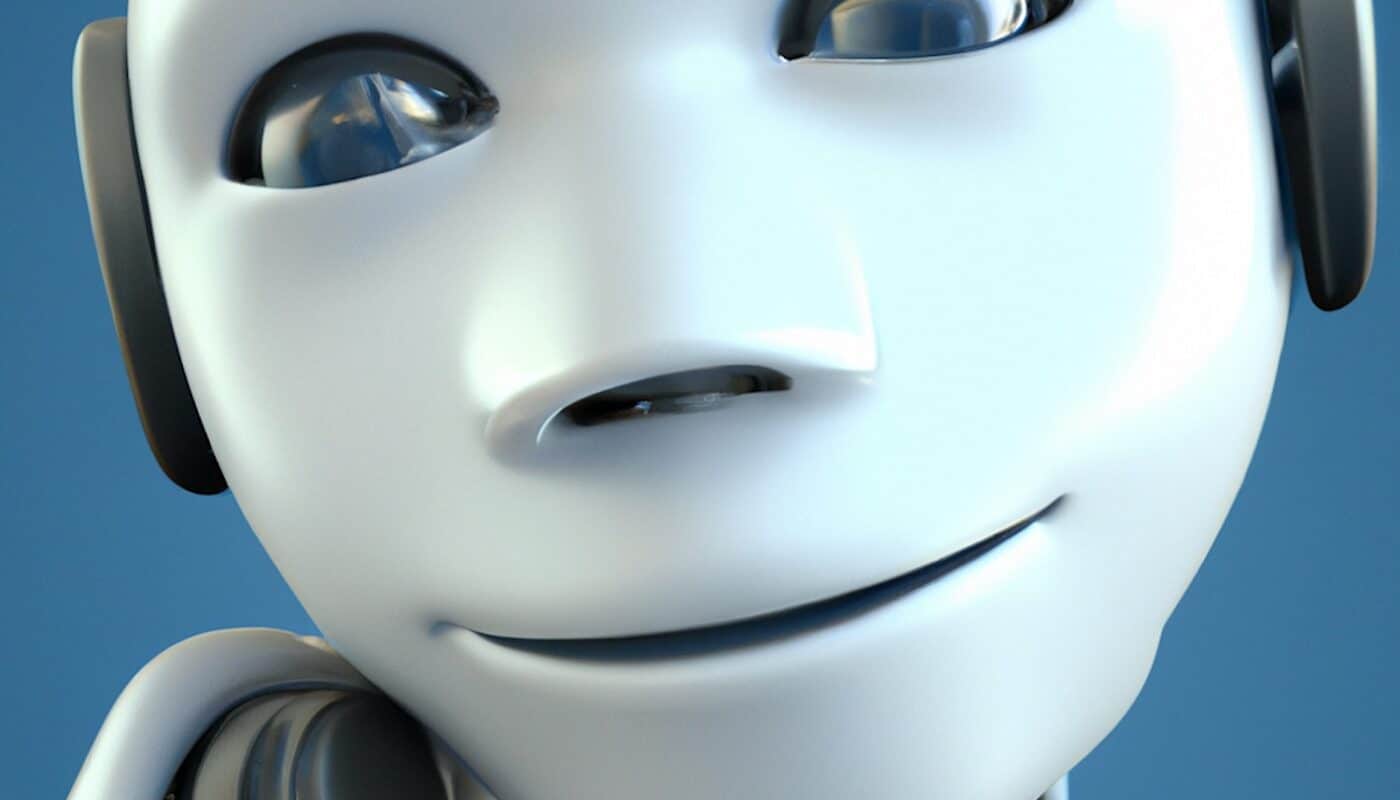With the emergence of artificial intelligence and innovative technologies, the world of communication is undergoing a rapid transformation. Chatbots, these intelligent conversational agents capable of interacting with Internet users, are now at the heart of this digital revolution. By integrating solutions like ChatGPT, they promise to radically transform the customer service experience.
Understanding the basics of chatbots
A chatbot is a computer program capable of conducting a conversation with a user via a messaging interface. Based on machine learning and artificial intelligence, it can understand natural language and provide appropriate answers to questions asked by Internet users.
Types of chatbots
- Rule-based chatbots: These bots operate according to a predefined set of rules and scenarios. They can only answer specific and predefined questions.
- Artificial intelligence-based chatbots: Unlike their rule-based counterparts, these chatbots use machine learning to learn and evolve as they interact with users. They are able to understand complex queries and provide more relevant answers.
Fields of application
Chatbots can be integrated in many sectors, such as:
- Customer service: Chatbots can provide real-time assistance to customers, solving common problems and forwarding more complex requests to a human agent.
- Marketing: They allow you to personalize the user experience and gather valuable information about consumer behavior.
- Sales: Chatbots can facilitate sales transactions by guiding customers through the buying process.
- Internal management: By automating administrative tasks, such as managing absences or expense reports, chatbots optimize the company’s operations.
The benefits of chatbots for customer service
24/7 availability
A chatbot is always accessible, allowing customers to get answers quickly and at any time, unlike a traditional customer service that is usually only available during business hours.
Cost reduction
By taking over a significant portion of customer questions and concerns, chatbots can significantly reduce the costs associated with customer service personnel.
Efficiency improvement
Thanks to their ability to handle a large number of requests simultaneously, chatbots offer greater efficiency than human agents, who can only handle a limited number of calls or requests at a time.
Personalization of the customer experience
By leveraging the data collected during interactions, chatbots are able to offer a customer service tailored to the needs and preferences of users, thus improving their overall satisfaction.
ChatGPT: a major advance for chatbots
The ChatGPT model, developed by OpenAI, represents a major innovation in the field of chatbots based on artificial intelligence. Based on the famous GPT-3 model, it is distinguished by its ability to generate text in a fluid and consistent manner. Thus, he is able to answer a wide variety of questions and topics with relevance and naturalness.
A finer understanding of language
Unlike traditional chatbots, ChatGPT excels at understanding natural language. It can thus interact with users in a more human way, taking into account the nuances and subtleties of their expressions.
Constant learning
Thanks to its advanced neural architecture, ChatGPT is able to continuously learn and adapt to improve its responses over time. This allows for better support of complex and evolving customer requirements.
Simplified integration
The APIs provided by OpenAI make it easy to integrate ChatGPT into existing applications and services, making it quick and easy to deploy for companies looking to take advantage of this innovation.
In sum, chatbots, customer service and technologies like ChatGPT have tremendous potential to transform the way businesses interact with their customers. By providing personalized and effective experiences, they help to build consumer satisfaction and loyalty while optimizing costs and internal management. The future of communication thus seems to be resolutely turned towards these intelligent conversational agents.







